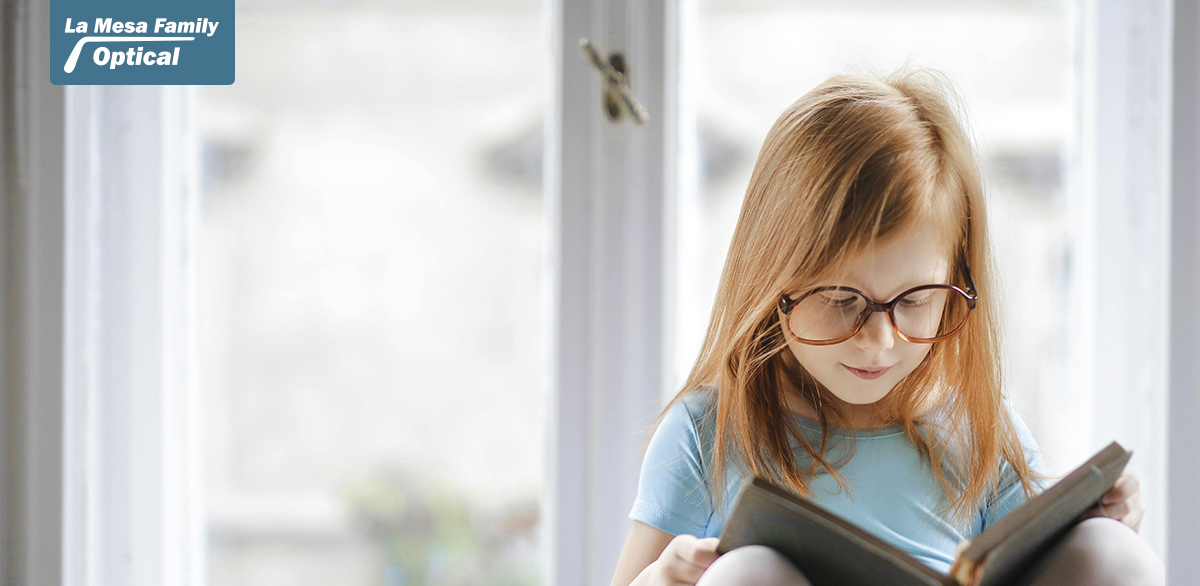Signs Your Child May Need Glasses

As a parent, you want to ensure your child’s health and well-being in every possible way. While regular check-ups with pediatricians cover many aspects of physical health, vision is often overlooked until a problem arises. However, early detection of vision issues is crucial for your child’s development and academic success. Here are some signs that your child may need glasses:
Squinting: If you notice your child squinting frequently, especially when trying to focus on distant objects or while reading, it could be a sign of nearsightedness (myopia) or farsightedness (hyperopia). Squinting temporarily changes the shape of the eye, helping to improve focus.
Frequent Headaches or Eye Strain: Children may experience headaches or eye strain if they are constantly straining their eyes to see clearly. This can occur during activities such as reading, watching TV, or using digital devices. If your child complains of frequent headaches, especially after visual tasks, it’s worth considering an eye exam.
Tilting the Head or Covering One Eye: Children with vision problems may instinctively tilt their heads or cover one eye to try to improve focus. This behavior can indicate a refractive error or a misalignment of the eyes (strabismus).
Rubbing Eyes Excessively: Rubbing the eyes excessively can be a sign of eye fatigue or irritation, which may result from uncorrected vision problems. If your child frequently rubs their eyes, it’s essential to investigate further.
Difficulty in School: Vision plays a significant role in learning, so children with uncorrected vision problems may struggle academically. Look for signs such as a decline in grades, difficulty concentrating, or avoiding activities that require visual focus, such as reading or drawing.
Sitting Too Close to Screens or Holding Books Close to the Face: Children with poor vision may sit unusually close to screens or hold books closer than usual in an attempt to see more clearly. This behavior can indicate nearsightedness or other vision issues.
Sensitivity to Light: Excessive sensitivity to light (photophobia) can be a sign of various eye conditions, including refractive errors or eye muscle problems. If your child complains of discomfort in bright light or frequently squints in sunlight, it’s worth investigating further.
Poor Hand-Eye Coordination: Vision plays a crucial role in hand-eye coordination, so children with vision problems may struggle with activities that require precise visual guidance, such as catching or throwing a ball.
If you notice any of these signs in your child, it’s essential to schedule an eye exam with a qualified optometrist or ophthalmologist. Early detection and correction of vision problems can prevent further complications and ensure your child’s optimal development and academic success. Remember, regular eye exams are essential, even if your child doesn’t exhibit any obvious signs of vision issues.
